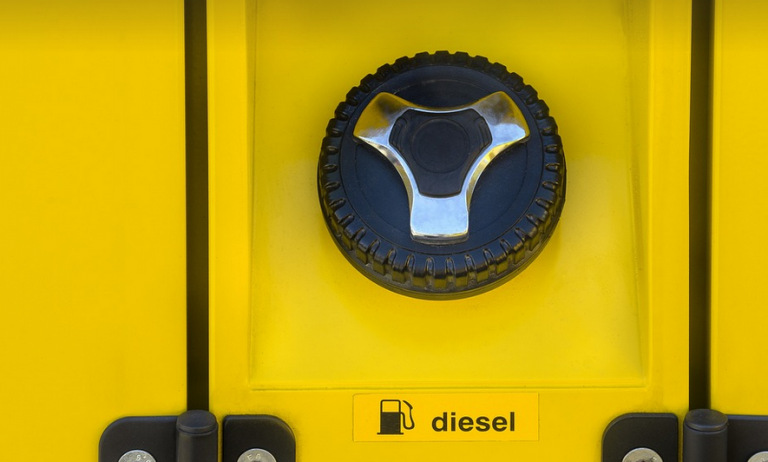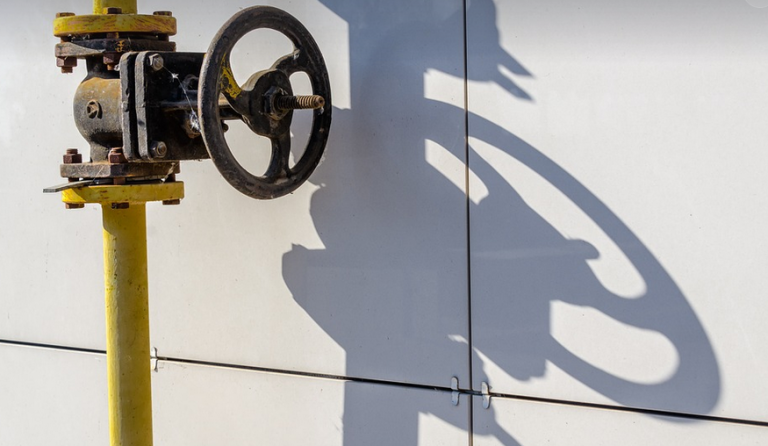Understanding the Danger of Frozen Water Softeners
As winter settles in, so does a new challenge for homeowners who rely on water softeners to ensure clean and soft water. The cold temperatures that accompany winter can wreak havoc on these appliances if proper precautions aren’t taken. Water softeners are essentially large containers filled with salt and stored at a constant temperature. This means they become susceptible to freezing, which could lead to costly repairs or even complete system failure.
Understanding the How and Why of Freezing
The reason water softeners freeze lies in their makeup. The salt-based solution inside the softener is designed to soften hard water (high mineral content). As temperatures drop, the brine solution within the unit can become less dense, leading to freezing. This is particularly true for areas with extended periods of subfreezing weather or if your home’s heat isn’t adequate.
Identifying Potential Issues
Before you start worrying about frozen water softeners, let’s familiarize ourselves with the signs that something might be amiss. Firstly, notice changes in your household water; is it running harder than usual, or are there spots on your clothes? These might indicate a problem with mineral deposits in the softener. Secondly, look for unusual sounds coming from your machine: Is there a grinding noise, a banging sound, or a whistling sound that’s different compared to normal operation?
Proactive Measures: Staying Ahead of the Freeze
Preventing freezing is all about being proactive and taking necessary measures. Here are some crucial steps you can take to keep your water softener from freezing in winter:
* **Regular Checkups:** Schedule regular maintenance checks with a qualified technician. This should include checking the brine tank level, inspecting for leaks or damage, and ensuring all components are functioning optimally.
Checking your softener regularly can help you catch any early signs of trouble and prevent bigger problems down the line.
* **Winterization Checks:** Before winter hits, check to see if there’s a possibility your softener is in good condition and working properly. A quick check by an expert will ensure it’s ready for the cold months.
This could involve checking the brine tank level, ensuring the water flow is adequate, and inspecting the heater system for any damages.
* **Maintaining Optimal Salt Levels:** Make sure your softener doesn’t run low on salt. A properly maintained salt level will help reduce the risk of freezing and ensure optimal performance during winter.
Check the salt levels regularly, especially during colder months, as they can fluctuate due to increased usage from hard water.
* **Insulate Your Softener:** Consider insulating your softener unit if possible. This will help keep the temperature stable and prevent freezing. You could use bubble wrap or a layer of insulation material around the unit.
Adding insulation can significantly reduce the chances of the softener freezing during cold nights.
* **Increase Heat Levels:** If your home’s heating system is inadequate, consider adjusting your thermostat to maintain consistent temperatures in your house. This might even require a higher level of energy usage during winter months.
Ensure your home maintains a suitable temperature for the softener and allows for adequate heat dispersion.
* **Know Your Water Heater:** The water heater plays a crucial role in preventing your water softener from freezing. It’s essential to understand how it works and use it correctly.
Make sure your water heater is working properly and consider adjusting its temperature settings to maintain optimal efficiency and reduce the risk of freezing.
Addressing Frozen Softeners: A Guide When It Happens
So, what should you do if you find that your water softener has frozen? You’re not alone. Frozen softeners can be disheartening, even if they’re a common occurrence. Here’s a step-by-step guide to help you handle this situation:
1. **Unfreeze the Unit:** If the unit is manually accessible, gently thaw it out by turning on warm water from your home’s plumbing system. This might require assistance as it involves handling pipes and other parts of the softener. 2. **Consult Your Manual:** Refer to the manual for further guidance if needed, as the process may vary between different types of softeners. * **Safety First:** Exercise caution when working with a frozen water softener; wear protective gear like gloves and goggles to avoid any potential injuries.
If you’re unsure about how to proceed or are facing significant issues with your softener, it is always recommended to contact a qualified professional for assistance. Don’t hesitate to call in the experts! A certified technician can efficiently diagnose the issue and recommend the best course of action.
Keep Your Water Softener Running Smoothly All Year Long
By taking these preventative measures, you can significantly reduce the likelihood of your water softener freezing. Regular maintenance checks are crucial to ensure optimal performance throughout the year. Don’t let winter turn into a source of worry when it comes to your water softener. Instead, prepare yourself for smooth and soft water all year long!



















